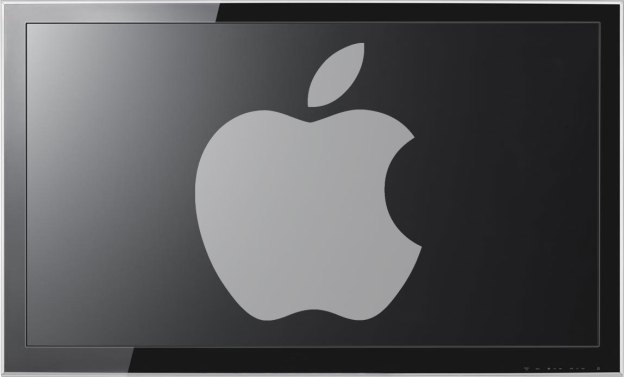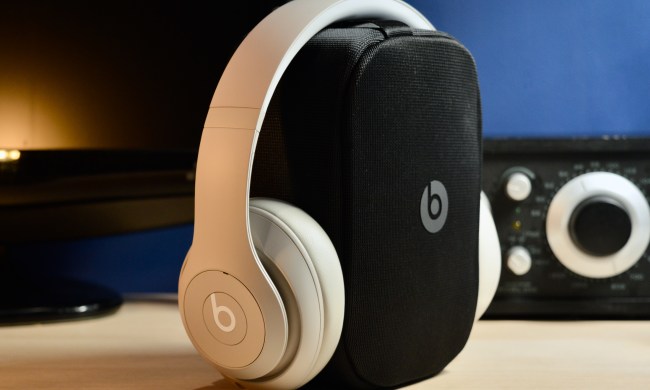
We just barely made it through the iPhone 5/iPhone 4S rumor mill alive, and we’ve already fallen into another bottomless pit of speculation, only this time it’s about a television.
That’s right, the so-far mythical “iTV.” If you’ve been paying any attention at all over the past week, the tech press — us included — have begun salivating over what some believe is the last immaculate creation of late Apple co-founder and CEO Steve Jobs.
Fueling the fire of this newfound favorite topic is the recently released Jobs biography, Steve Jobs, by Walter Isaacson. Jobs told Isaacson that he’d “finally cracked” the problem of producing a successful Apple television. Not Apple TV, the fringe set-top box that continues to make much of a splash, but an actual TV set, screen and all. The conundrum, according to Jobs, wasn’t simply how to make a good-looking TV, but how to make a revolutionary one. His solution: Siri.
The voice-controlled Siri artificial intelligence, which debuted this month as an exclusive feature of the iPhone 4S, allows users to perform much of the functionality of the iPhone 4S just by speaking naturally.
According to The New York Times‘ Nick Bilton — as trusted a tech reporter as you will find — Siri was the final piece to Jobs’ Apple television puzzle. With the help of Siri, Apple’s version of the television may make the remote control obsolete, replaced by superior voice-control technology. “I want to watch Mythbusters,” we’ll all soon be saying. And Siri (or some iteration of Siri) will just make it happen.
Bilton reports that Apple has been working on a television since 2007, and he says that we will see the first iTV unveiled late next year, or in early 2013.
Of course, like all other unannounced Apple products, there’s no telling what could happen. Unnamed sources and trusted reporters and publications have a terrible track record, as of late, at getting the scoop on Apple’s plans. This time may be different. We just don’t know. What we do know, however, is that the chatter about an Apple television will continue for at least the next year; and that, until we actually hear from Apple on the matter, we’ll be taking these reports well salted.


